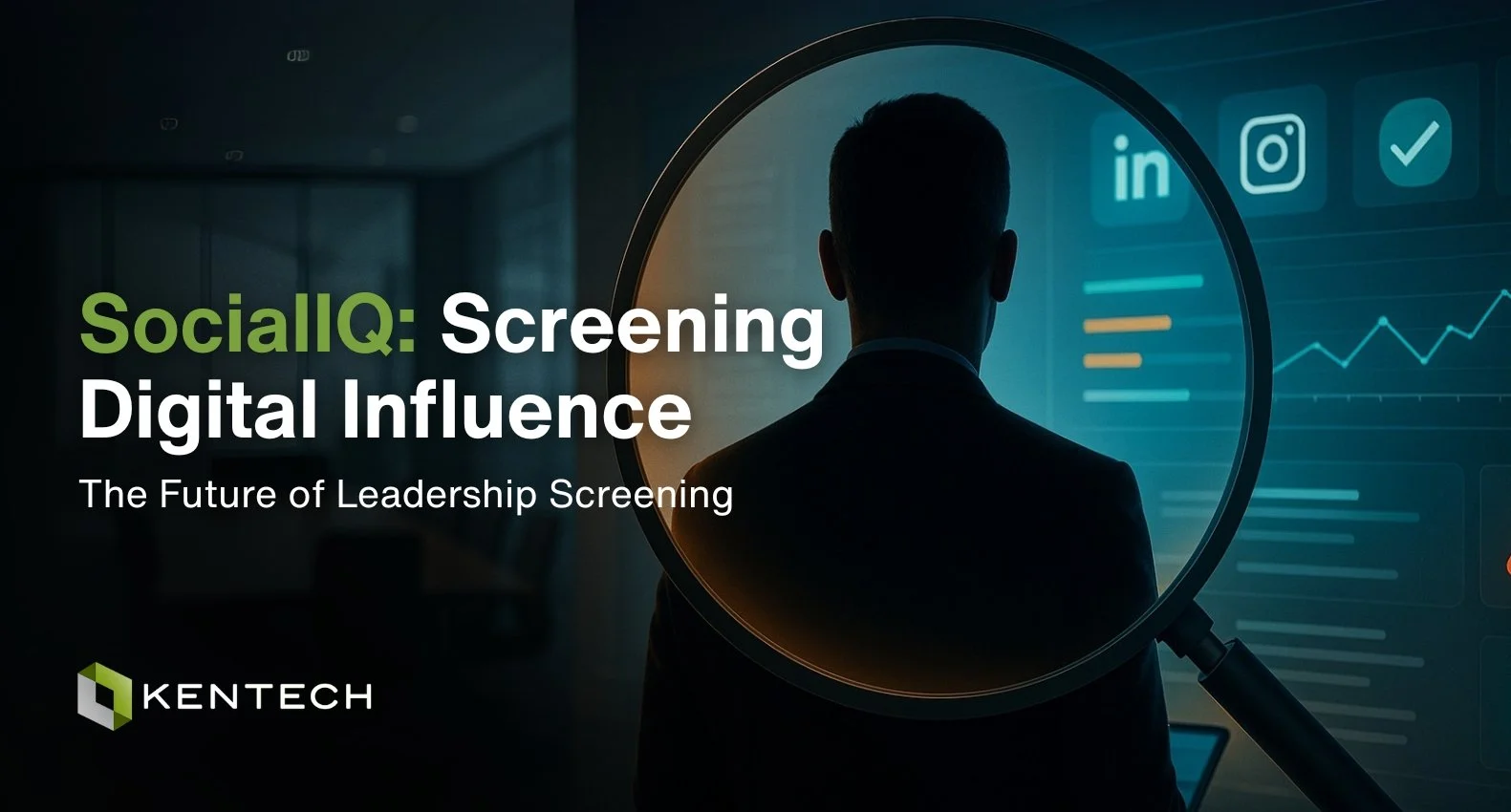In today’s hyper-connected world, leadership is more visible—and more vulnerable—than ever before. A single executive decision or social media post can spark public backlash, shift investor sentiment, or erode employee trust. This new level of exposure means that leaders are not only strategic decision-makers; they are public figures, brand representatives, and cultural standard-bearers. For organizations in the enterprise, education, and government sectors, the stakes are especially high. These sectors demand leaders whose personal values and public behavior align with institutional integrity and long-term credibility. Yet traditional vetting methods often fail to capture this digital dimension. What’s needed now is not just a resume review or reference check, but a deeper, more dynamic view of a candidate’s influence and behavior—online and off. In this environment, background screening has evolved from a procedural task into a strategic infrastructure for leadership accountability.
The New Visibility of Leadership in the Digital Age
Executive hires have always demanded careful scrutiny. But today, the scrutiny extends beyond resumes and references—into the ever-visible, always-on world of digital behavior. Public sentiment, investor confidence, and internal morale can all be affected by what leaders post, share, or endorse online. In a time when one tweet can shift a stock price or cause reputational damage, evaluating leadership candidates requires a more comprehensive view—one that includes their influence and behavior across digital platforms.
Now more than ever, organizations in the enterprise, education, and government sectors must go beyond traditional background checks. These leadership hires represent not only operational risk but also cultural and reputational impact. At this level, background screening isn’t just a step in the hiring process—it’s strategic infrastructure.
Blind Spots in Traditional Vetting
Even the most robust traditional vetting processes often miss emerging risk signals. With leadership hires, gaps in visibility can become liabilities. The following issues frequently arise when evaluating executive candidates:
Undisclosed affiliations or polarizing online personas that don’t align with organizational values.
Digital influence that has not been formally acknowledged, potentially creating exposure to unvetted networks or controversial content.
Outdated verification methods that fail to account for the speed and spread of online behavior.
Inability to detect pattern-level behavior that may indicate ethical concerns, bias, or judgment lapses.
These risks are not theoretical. They reflect real, high-profile consequences in today’s hiring landscape.
SocialIQ: A Modern Approach to Leadership Screening
KENTECH has long recognized that conventional background checks are not enough for the digital era. To close the gap, KENTECH introduced SocialIQ, an advanced tool built to evaluate executive-level candidates through a new lens—digital behavior, influence, and alignment with mission-critical values.
SocialIQ integrates proprietary technology with human intelligence to offer a contextual, dynamic, and responsible assessment of a candidate’s online presence. This is not surveillance; it's strategic insight, delivered ethically and objectively.
Key features of SocialIQ include:
✔️ Behavioral analysis across major platforms to flag patterns inconsistent with organizational expectations.
✔️ Influence mapping to understand the reach and resonance of a candidate’s digital voice.
✔️ Sentiment scoring that highlights potential brand or public relations risks.
✔️ Customizable screening parameters to reflect sector-specific sensitivities (e.g., education policy, government ethics, financial disclosure norms).
✔️ Manual verification protocols that ensure AI findings are reviewed by trained analysts before reporting.
By layering SocialIQ on top of standard checks—such as criminal background, education, employment history, and references—KENTECH empowers organizations to make informed, future-resilient hiring decisions.
Looking Ahead with Confidence
As leadership hiring evolves, so too must the tools and standards used to support it. SocialIQ reflects a broader shift: from checking boxes to building trust. For enterprise, educational, and government clients, this shift is not just about minimizing risk—it’s about reinforcing integrity at the highest levels of leadership.
KENTECH’s approach underscores one central belief: background checks are not a formality. They are foundational. And in a world where a digital footprint can speak louder than a resume, evaluating influence is no longer optional—it’s essential.


